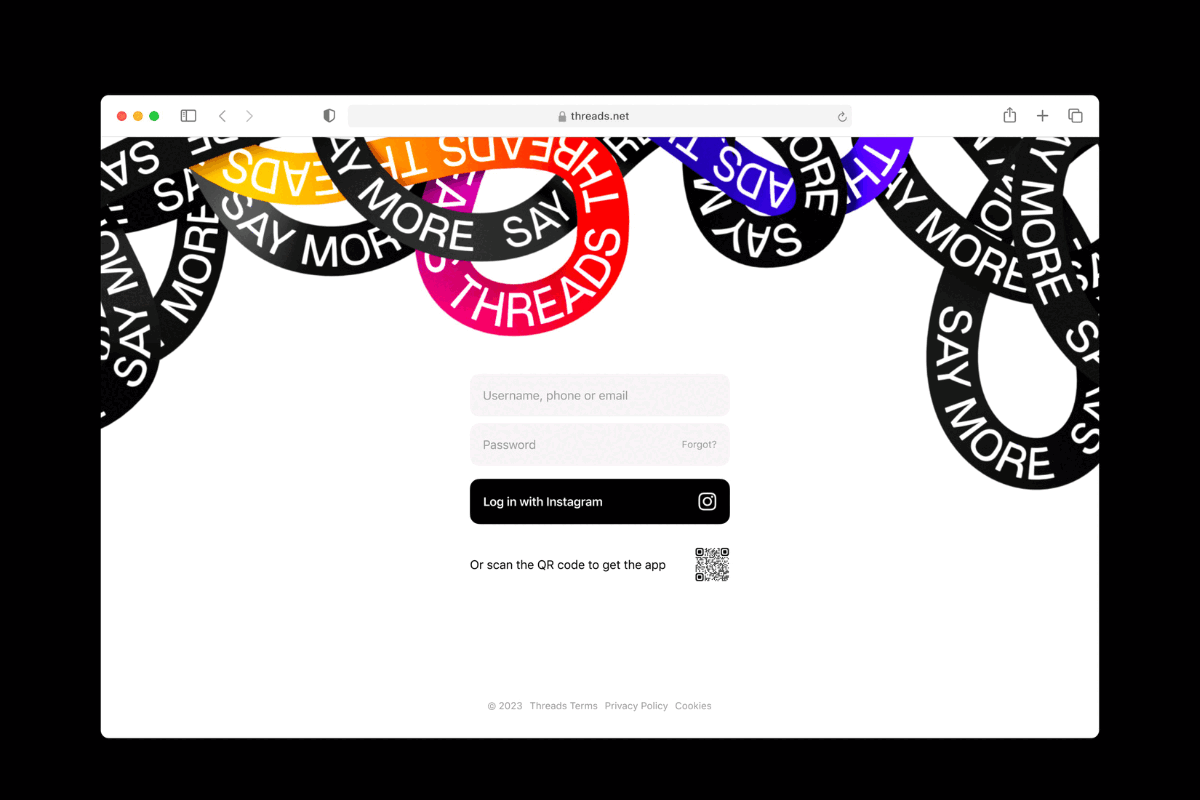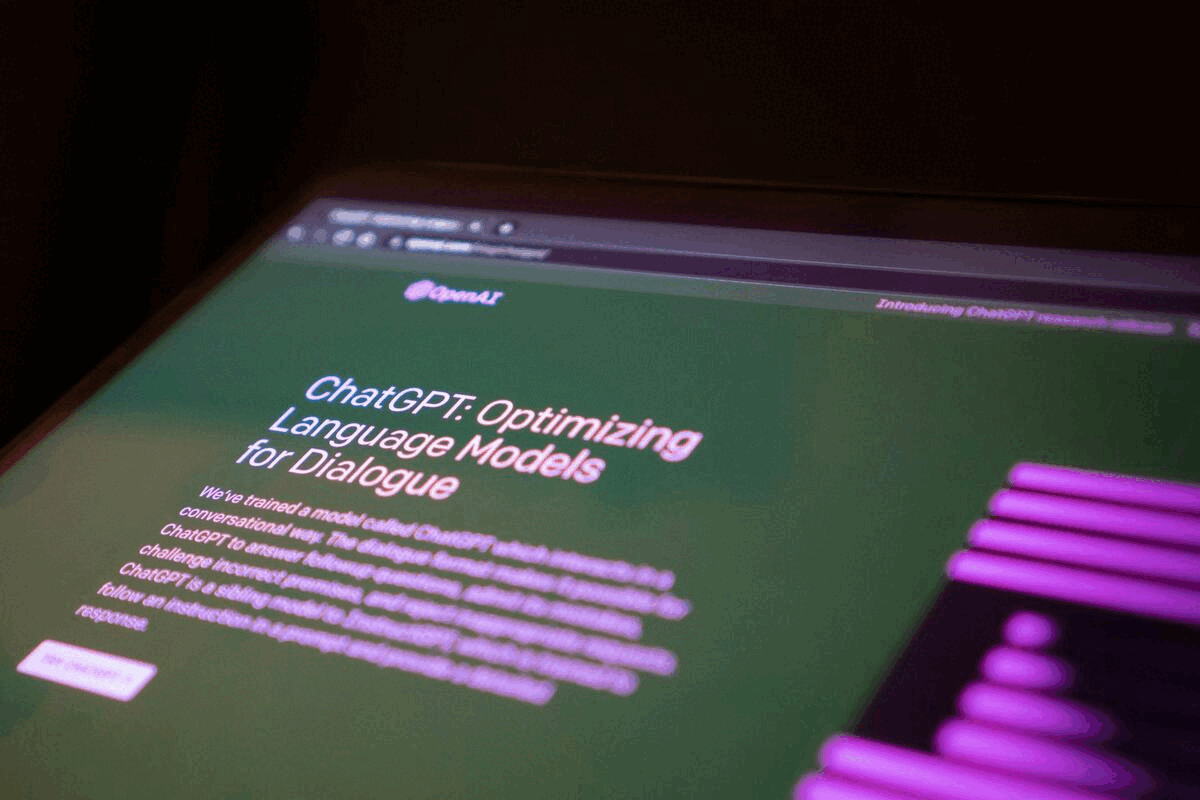Northumbria University launches WhatsApp-funded study into fake news
- Tuesday, December 4th, 2018
- Share this article:
 Northumbria University in Newcastle, UK, is launching a research project investigating how older adults respond to misinformation about infectious disease outbreaks received via WhatsApp.
Northumbria University in Newcastle, UK, is launching a research project investigating how older adults respond to misinformation about infectious disease outbreaks received via WhatsApp.
More than 1.5bn people in over 180 countries use WhatsApp to stay in touch with their friends and family. The service is free to use and allows people to share messages, photos and videos with chosen individuals or groups.
Social media channels enable fake news and misinformation to spread quickly through communities. While there has been much media focus on how this has potentially impacted elections, there is also concern that sharing inaccurate information has endangered lives, by affecting the ability of public health agencies to effectively manage infectious disease outbreaks.
Recognising the massive threat posed by misinformation, WhatsApp created the WhatsApp Research Awards for Social Science and Misinformation. These awards provide funding for researchers to examine the implications of misinformation spreading on its platform and identify potential solutions to address this problem.
The awards fund a range of projects examining the spread of misinformation on WhatsApp in a variety of contexts, ranging from voting behaviours in elections to how specific populations are more vulnerable to misinformation.
Dr Santosh Vijaykumar from Northumbria’s Department of Psychology has been awarded $50,000 to investigate how older adults in India might respond differently to misinformation received in different formats via WhatsApp during infectious disease outbreaks.
Dr Vijaykumar is a Vice-Chancellor’s Senior Research Fellow specialising in digital living and psychology. His research analyses the role of mobile and social media in global health, with a specific focus on the effects of health-related misinformation and conflicting information in the virtual world.
He explained: “My specific interest in WhatsApp really emerges from how consistently it has been used as a catalyst to spread misinformation related to infectious diseases. This is a serious problem especially in Brazil and India, two countries which are at high risk of infectious disease outbreaks, which are also among WhatsApp’s biggest markets.
“One of the most recent cases was that of the Nipah Virus outbreak in India, where a lot of misinformation spreading via WhatsApp posed enormous challenges to public health officials trying to manage the situation. Messages were circulating among communities suggesting that the outbreak was a corporate conspiracy, and that the flesh of chicken was a fertile host for the virus. These messages meant that people were reluctant to work with public health teams, putting their own health at risk.
“WhatsApp is very popular among older adults in India and previous psychology research has found that the misinformation effect is more pronounced in older adults as opposed to those in younger age groups. This means that older adults are especially vulnerable to believing information that they are presented with.
Dr Vijaykumar is bringing together an international team of researchers from the Universities of Edinburgh and Georgia, the Health Systems Research India Initiative and Srishti School of Art, Design and Technology on the project.
“We will analyse media coverage, interview health officials, and conduct experiments involving older adults and their children as part of this study,” he said. “That will give us both a policy-level insight into the kinds of problems that misinformation on WhatsApp poses, and also a community level perspective into the kinds of vulnerabilities that viral misinformation on WhatsApp creates among older adults.
“The aim is to blend ideas from various disciplines – psychology, media studies, design and public health – to examine this problem. Hopefully, we can generate new insights that will be valuable not only to WhatsApp but also public health agencies and vulnerable populations.”
Mrinalini Rao, Lead Researcher at Whatsapp, said: “WhatsApp is looking forward to working with the research team from Northumbria University and its partners. The consequences of misinformation are real and we know this is a long-term challenge that requires action from civil society, government, and technology companies. The independent research conducted by Northumbria University will make a meaningful contribution to how we build WhatsApp for the years to come.”
The project will begin in January 2019 and is expected to report its preliminary findings to WhatsApp in May 2019.
















